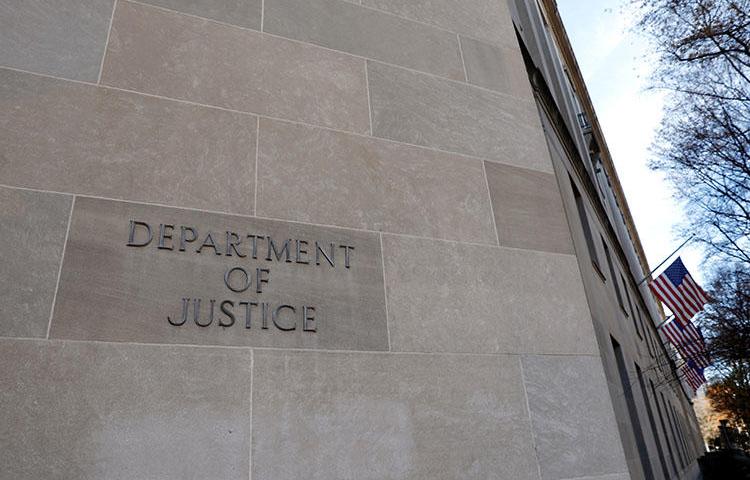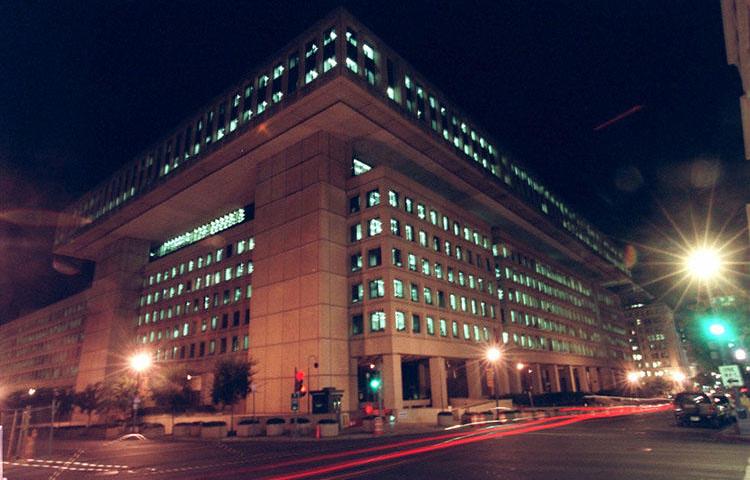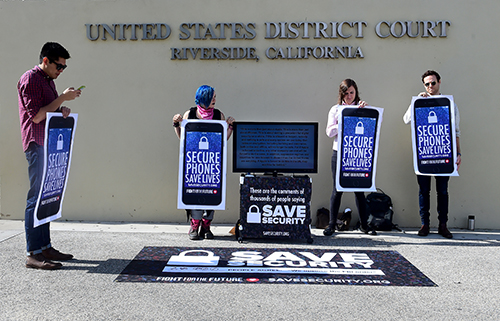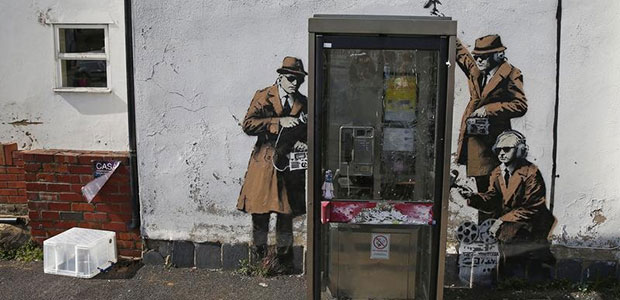
Brazilian President Bolsonaro says Glenn Greenwald may ‘do jail time’
Miami, July 29, 2019 — The Committee to Protect Journalists today condemned Brazilian President Jair Bolsonaro’s remarks that Glenn Greenwald, the co-founder and editor of The Intercept Brasil, could “do jail time” and suggesting that he had married a Brazilian citizen to avoid deportation, as reported by local outlets on July 27.

Leak prosecutions under Trump chill national security beat
When President Donald Trump’s nominee for attorney general, William Barr, was asked at his confirmation hearing in January whether he would ever consider jailing a journalist, Barr paused for about eight seconds, then said he could “conceive of a situation” where a journalist is jailed as a “last resort.” Such equivocation was troubling to press…

New US Espionage Act prosecution has troubling implications for press freedom
New York, March 29, 2018– The Committee to Protect Journalists today said it is concerned by the U.S. Department of Justice’s use of the Espionage Act to charge an FBI agent for allegedly leaking information to a reporter.

Transition to Trump: Why U.S. needs to be global leader in protecting strong encryption
As a new presidential administration prepares to take over the U.S., CPJ examines the status of press freedom, including the challenges journalists face from surveillance, harassment, limited transparency, the questioning of libel laws, and other factors.

Surveillance forces journalists to think and act like spies
Once upon a time, a journalist never gave up a confidential source. When someone comes forward, anonymously, to inform the public, it’s better to risk time incarcerated than give them up. This ethical responsibility was also a practical and professional necessity. If you promise anonymity, you’re obliged to deliver. If you can’t keep your word,…